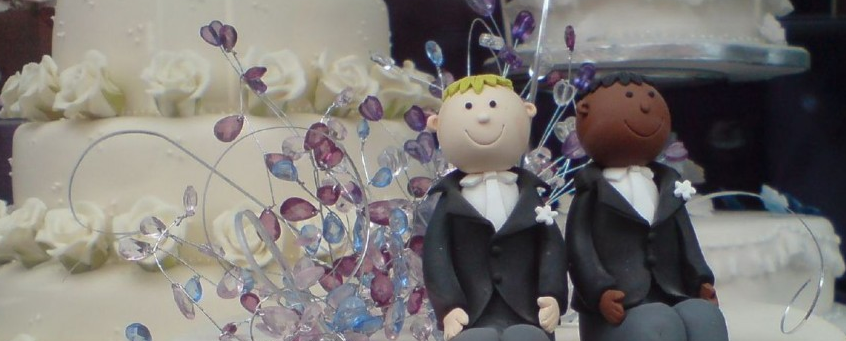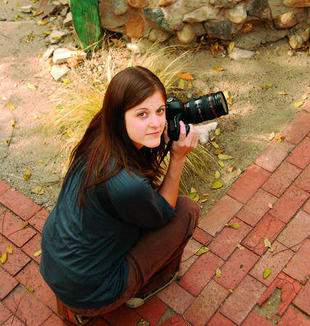I haven’t written much about Obergefell v. Hodges. I still don’t have a lot to say on the matter. I will just point out that, within hours of the decision, articles were already calling for churches to be stripped of their tax-exempt status.
It’s difficult to see how the nationwide legalization of gay marriage could have any kind of significant negative repercussions for anybody who’s not gay. Difficult – but not impossible. Because now that the US government formally recognizes marriage equality as a fundamental right, it really shouldn’t skew the tax code so as to give millions of dollars in tax breaks to groups which remain steadfastly bigoted on the subject.
I’m talking, of course, about churches.
Gay marriage was legalized by the SCOTUS in no small part as a reflection of public will, as the majority of justices saw it. And that public will was based largely in the rhetoric of civil liberties and live-and-let-live. One of my concerns all along has been that it will not stop there, however.
It is too early to say the sky is falling. And, in any case, skies tend to fall slowly. But it’s worth thinking about.
Over at The Federalist, David Harsanyi is already having second thoughts about his support for gay marriage:
How many backers of theoretical gay marriage will regret the reality of gay marriage? As a matter of policy, it doesn’t matter much anymore. And I have no moral qualms about same-sex marriage itself. I don’t believe it destabilizes the institution or ruins the lives of children. Then again, it doesn’t exist in a vacuum, either. If same-sex marriage isn’t just a pathway to happiness, freedom, and equality for gay citizens, but a way to pummel religious Americans into submission, it will be a disaster.
We’ll see how things go, but I have a hunch I already know. The same people who told me again and again that I was being silly to fear these kinds of repercussions will, one by one, begin to ask me, “Well, why shouldn’t this follow logically?” Which, as I’ve always known, is precisely the point.


